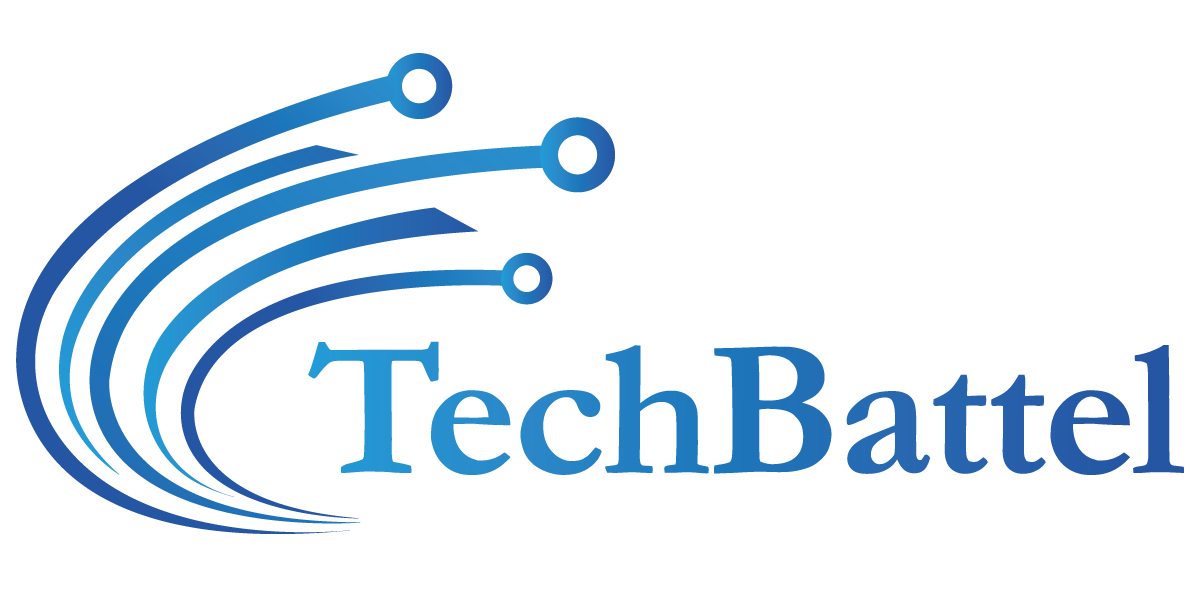The world is constantly evolving with the ever-increasing role of technology in education and business. Consequently, the conventional methods of taking exams may no longer cater to the needs of the diverse audience.
Online assessments have emerged as a practical and accessible solution to this challenge. Online assessments offer a system whereby institutions can test and measure a candidate’s skill level and knowledge in real time, evaluate and respond to their performance efficiently, and adapt their curriculum accordingly.
In this article, we will delve deep into the world of online assessments and learning solutions and how they can be used to benefit businesses and educational institutions.
What are Online Assessments?
Online assessments are conducted on a computer or mobile device that allows exams to be taken virtually, without the need to be physically present at a testing centre. This type of assessment is growing in popularity among institutions because it eliminates geographical, logistical, and time constraints.
Additionally, online assessments allow test-takers to submit their responses immediately, ensuring faster grading. These assessments can be used in many different ways, from short quizzes to long comprehensive exams.
Benefits of Online Assessments and Learning Solutions
Online assessments and learning solutions have several advantages over traditional paper-based methods. Some of the benefits include:
Flexibility: Learners can complete assessments at any time and from anywhere, as long as they have access to a computer or mobile device and an internet connection.
Cost-saving: Online assessments and learning solutions can save businesses and educational institutions a lot of money, as they don’t need to invest in printing and distributing paper tests, and proctoring and grading.
Personalised Learning: Online assessments and learning solutions can provide personalised learning experiences for each learner, by providing immediate feedback on their strengths and weaknesses and adapting the questions based on their previous responses.
Enhanced Security: Online assessments and learning solutions can offer enhanced security features, such as anti-cheating mechanisms, encryption, and biometric authentication.
Types of Online Assessments
There are several types of online assessments to choose from, depending on your goals and the type of learners you have. Some of the most common types are:
Diagnostic assessments: These assessments are used to identify learners’ strengths and weaknesses and provide personalised feedback and suggestions for improvement.
Formative assessments: These assessments are used to monitor learners’ progress and provide ongoing feedback to help them improve.
Summative assessments: These assessments are used to gauge learners’ proficiency at the end of a course or a programme.
Adaptive assessments: These assessments are used to adjust the difficulty level of questions based on learners’ previous responses, to provide a personalised learning experience.
Applications of Online Assessments
Online assessments are applicable in many fields, including education and business.
Many schools and institutions have adopted online assessments as an essential part of their curriculum. It is becoming the norm because it eliminates the need for handwriting and allows students to take their tests in different formats. Online assessments also allow teachers to monitor the class online and provide instant feedback, saving time and improving class productivity.
Similarly, online assessments have found significant applications in the business world. Companies worldwide use them to determine their personnel’s skill levels, including specific competencies required for particular roles. Besides this, online assessments can be used for hiring and providing computer-based training.
Online Assessments Solutions
Technology will continue to shape the future of education in the years to come. Businesses and educational institutions are benefiting from the development of cutting-edge solutions tailored to their specific needs. These innovative solutions are not only meeting but exceeding expectations, ushering in a new era of efficiency and effectiveness.
Let us look at some of these:
Automated grading software: AI-based software can grade papers quickly and accurately, saving time and reducing strain for teachers and examiners.
Proctoring software: Automated proctoring software provides anti-cheating features to maintain the integrity of online assessments.
Virtual labs: Students can use virtual labs to conduct experiments and get hands-on experience in various fields like science and engineering.
Learning management systems: These systems provide a central location for administering and monitoring exams, delivering content, and managing student’s performance.
Factors to Consider When Selecting an Online Assessment Platform
When selecting an online assessment platform, there are several factors to consider, such as:
Compatibility: Ensure that the platform is compatible with your existing learning management system and supports the types of assessments you need.
Security: Ensure that the platform offers robust security features, such as encryption, authentication, and anti-cheating mechanisms.
Customisation: Ensure that the platform is flexible and customisable to meet your specific needs and preferences.
Cost: Ensure that the platform is cost-effective and provides good value for money, as well as considering any potential costs associated with training and support.
In Summary
Online assessments and learning solutions have revolutionised the traditional ways of testing knowledge and skills. They provide a pathway to a wide range of solutions for businesses, spanning from hiring to delivering certified training. Moreover, they target specific competencies tailored to various employee roles. For educational institutions, they enhance productivity and offer immediate feedback.
With technological advancements, we can expect online assessments and learning solutions to continue to evolve and offer more sophisticated solutions in the future.

